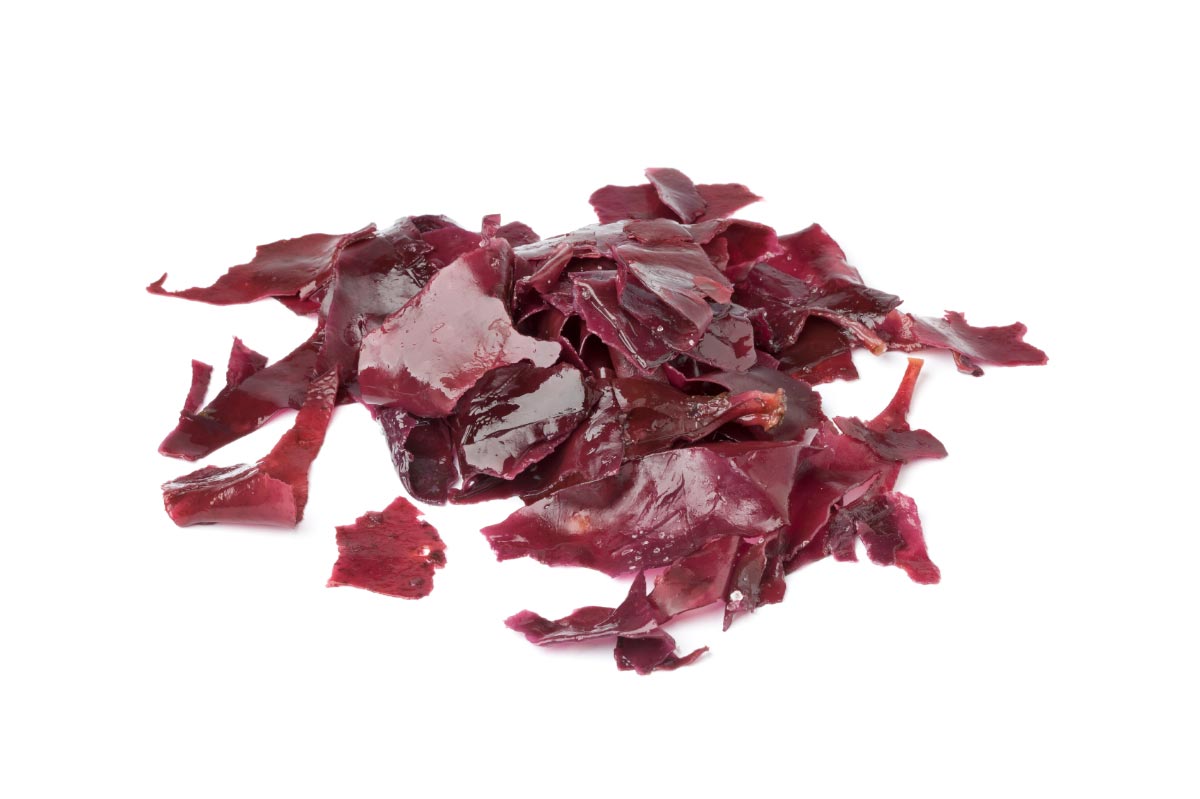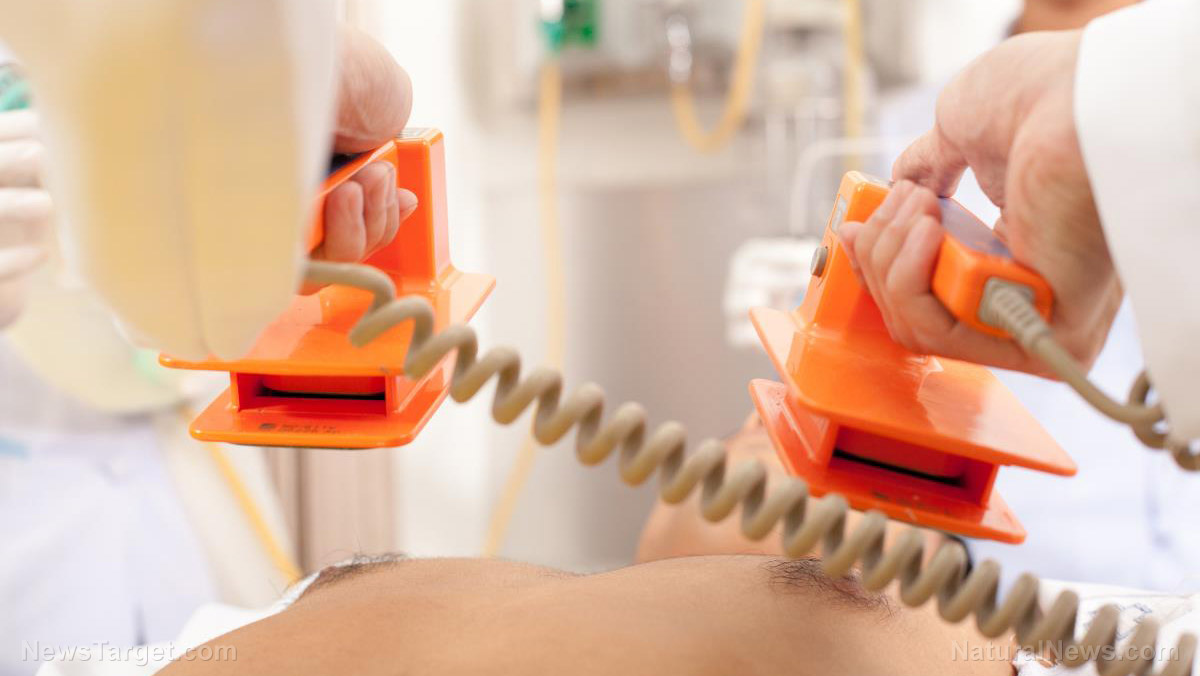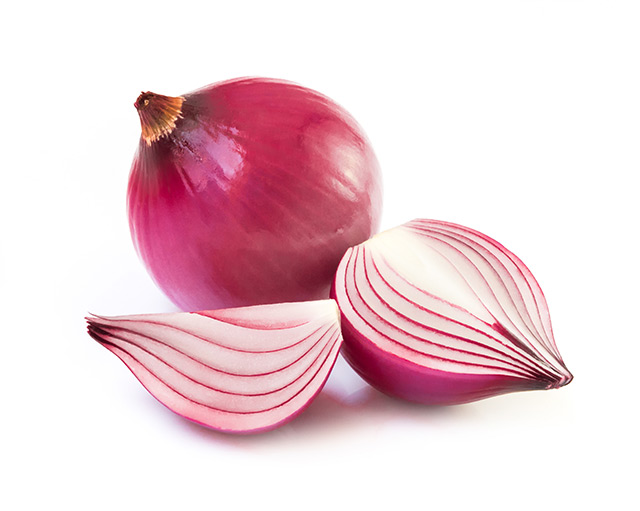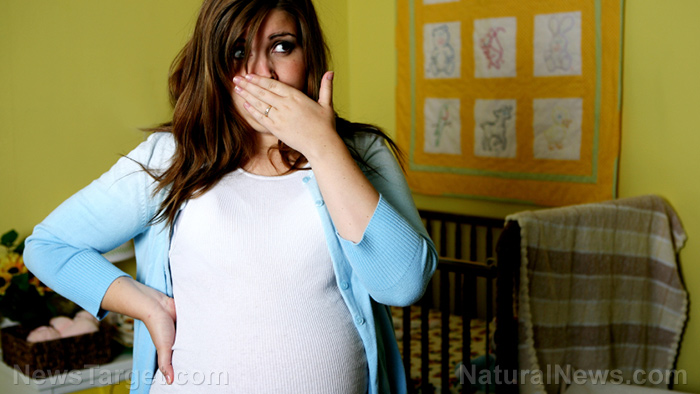Red Seaweed: the radiation protection superfood you’re not getting enough of
02/11/2017 / By Amy Goodrich

Seaweed is a common ingredient in Japanese cuisine. However, for the average American this mystical, slimy, spinach-like vegetable is something they only know from sushi rolls or miso soup. Many may not even know it is edible, let alone know how to prepare a meal with it.
While it may not look very appetizing to you, this green, red, or brown sea vegetable is high in essential nutrients and packs a variety of health benefits including cancer prevention and protection from radiation or oxidative stress. Some studies even claim it can stop cancer in its tracks. (RELATED: Follow the latest news on Fukushima at FukushimaWatch.com)
One of the latest studies to identify the cancer-fighting properties of a particular type of seaweed was performed at the USCI University in Malaysia. They found that K. alvarezii, a red seaweed, may slow down breast tumor growth.
Seaweed, so much more than a sushi roll wrapping
Red seaweed is a rich source of protein and various antioxidants, vitamins, minerals, trace elements, and other beneficial compounds not found in any other food. Iodine is one of those nutrients that’s hard to come by. Iodine is essential to a proper working thyroid gland. The thyroid is an import organ, responsible for the production and regulation of many of our hormones. (RELATED: Learn more about the importance of iodine at Iodine.news.)
Next to providing our body with a host of essential nutrients, regular consumption of seaweed may help reduce the risk of developing several types of cancer, breast cancer in particular.
For their study, the Malaysian researchers tested various concentrations of a red seaweed extract on rats with breast tumors. They found that even the lowest concentration of 1.0mg/mL was able to inhibit the growth of MCF-7 breast cancer cells.
Based on their observations, the team noted that K. alvarezii extracts were not only slowing down growth but also causing apoptosis, or cell death, of the MCF-7 cells. They recorded a reduction of cell viability from 84.9 percent to an astonishing 0.8 percent.
The researchers concluded that red seaweed may become a potential natural aid in cancer treatments. However, more research will be needed before conclusions can be drawn since the results were found in a rat model. (Find more news about alternative cancer solutions at CancerSolutions.news.)
Seaweed extract found to be more efficient than Tamoxifen
What’s more, the researchers from the USCI University are not the only Malaysian scientists who are on to something. A study conducted at the University Putra Malaysia reported that another edible red seaweed (Eucheuma cottonii L., also know under the name Guso) has been found to be 27 percent more efficient than Tamoxifen, a common breast cancer chemo drug.
After four weeks of treatment with the seaweed extract, breast tumors were reduced by 97 percent, compared to 71 percent for Tamoxifen. Furthermore, the team noted that rats administered the chemo drug developed severe adverse health effects, while the seaweed extract improved antioxidant activity and showed zero toxicity to the kidneys and liver.
On the contrary, Tamoxifen caused visible liver and kidney lesions and significantly decreased antioxidant activity as well as levels of glutathione, which is crucial for the optimal functioning of the immune system and overall health.
As reported by Breast Cancer Conqueror, the best iodine-rich seaweeds to prevent breast cancer are brown and red colored sea vegetables such as kelp, hijiki, sargassum, dulse, gracilaria, and Irish moss.
Sources:
Tagged Under: breast cancer, cancer, cancer cure, sea vegetable, seaweed




















